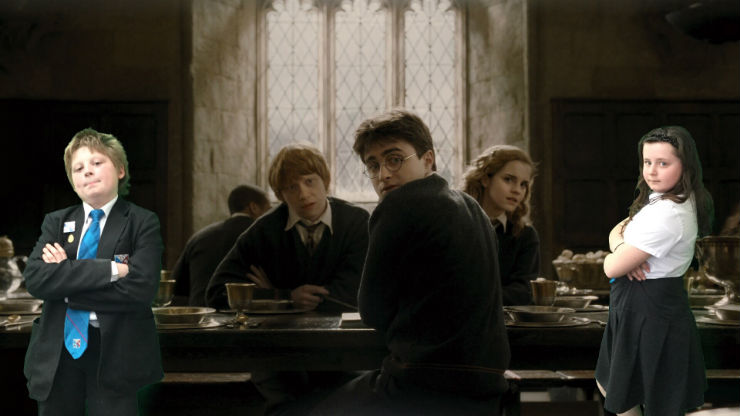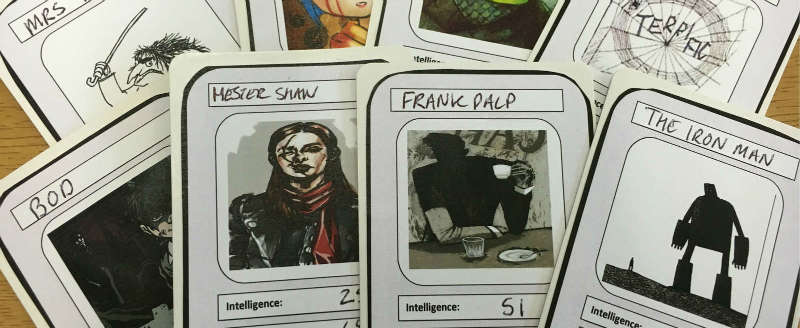Anyone who works in libraries is always keen to find new ways of engaging with young people, so hearing about something called ‘Reading Hack’ from The Reading Agency in 2015 certainly piqued my interest. This mix of creative activities, volunteering and reading advocacy certainly sounded brilliant to staff at Suffolk Libraries, but I found the concept quite difficult to grasp - even after the Reading Agency introduced it at an LBaRTs county training day. Who organised and ran Reading Hack groups? What would be the cost to the library service? How is it promoted to young people? What resources were available?
Many of these questions were answered in mid-2016 at the end of the national Reading Hack pilot, with a number of free interactive resources appearing on the Reading Hack website for both young people and library professionals to access. Armed with this new information, and invited to work with a group of year 7 pupils from a local school as part of a six-week enrichment programme, Suffolk Libraries dipped their first toe into the world of Reading Hack in April 2016.
 Students add themselves to Harry Potter
Students add themselves to Harry Potter
I would run a group at Beccles Library once a week as a pilot, learning and adapting as we went along, with the intention of having a solid idea for rolling out other Reading Hack groups across the county at the end.
Over six weeks the ‘Beccles Book Bunnies’ were introduced to the Reading Hack concept, took part in activities (both created by me and taken from the Reading Hack website), logged what they did on their online profile, before finally taking ownership of the group by creating and running their own Hacks. Members of the group progressed from passive participants to active leaders and creators.
My own involvement was quite intensive for the first few sessions as I planned a range of activities, demonstrated the website and directed the sessions. Towards the end of the pilot I was really only supplying resources requested by the young people and providing enthusiasm!

I was impressed with Reading Hack and think that the pilot was successful in engaging a small group of young people who had loads of fun, got seriously creative and shared their love of reading with the world. The group has now been passed over for the young people to run themselves at weekends; fingers crossed they continue to impress and amaze staff at Beeches library and beyond.
Young people are free to set up their own Reading Hack groups without any input from adults, but I am yet to see any of these nationally. I think an enthusiastic leader is crucial for setting up and introducing the concept to young people, who will then quickly grab the idea and make it their own. Rolling out groups across Suffolk is an exciting prospect, and we are already looking for volunteers to run groups and for schools to work with us in promoting the model to young people. Who knows, by this time next year there could be Reading Hack groups that meet in both at their local library and in school to have fun and inspire the next generation of readers.
Starting a group of your own
The decision to write week-by-week blog posts was a great way for me to reflect on what went well and the challenges faced during each session. If you are considering starting your own group in a library or school setting, I would encourage you to read those blog posts – if only to learn from my mistakes!
Reading Hack is a mix of advocacy, volunteering, competitions and fun activities linked to reading. The activities (called Hacks) involve using technology, art, storytelling, etc. to engage and inspire young people. You can find out more on the Reading Hack website.
